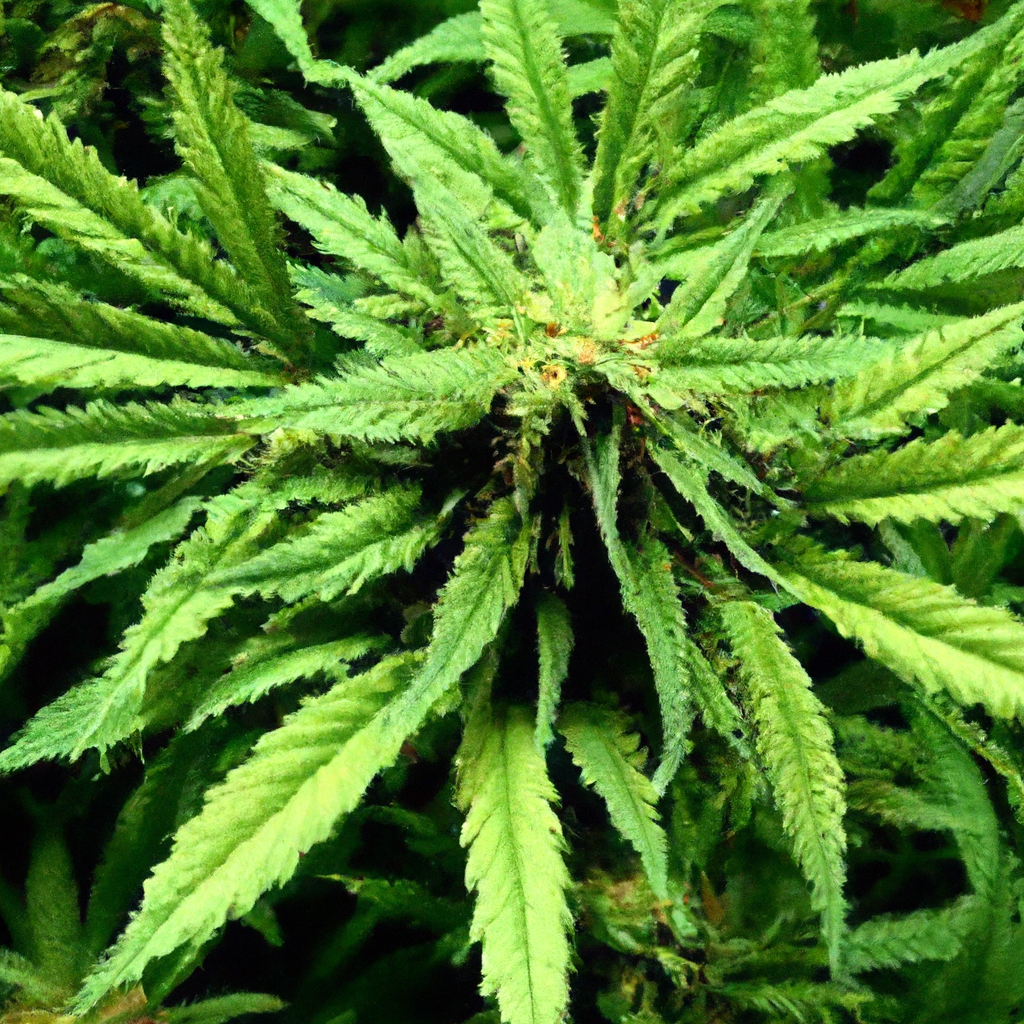Your cart is currently empty!
Embracing organic cultivation in cannabis farming not only contributes to a healthier product but also harmonizes with environmental preservation and sustainability. By avoiding synthetic chemicals and leveraging natural resources, growers can produce superior cannabis that is beneficial for both the ecosystem and consumers.
Natural Fertilizers: Building Soil Vitality
Organic cultivation begins with enriching the soil using natural fertilizers. These options enhance soil fertility without compromising its health:
- Compost: A rich mixture of decomposed organic matter that injects vital nutrients back into the soil.
- Bone Meal: Supplies phosphorous, improving root health and promoting vibrant flower growth.
- Fish Emulsion: A liquid fertilizer that provides nitrogen, essential for the plant’s vegetative growth.
Pest Control: Going Natural
Efficient pest management in organic cannabis cultivation involves using natural methods to protect plants from harmful pests without resorting to synthetic pesticides:
- Beneficial Insects: Ladybugs and predatory mites naturally control pest populations by preying on aphids and spider mites.
- Neem Oil: An effective natural insecticide that disrupts the life cycle of pests and keeps them at bay.
- Companion Planting: Grow plants such as marigolds or basil nearby to repel pests naturally.
Healthy Soil Ecosystems: The Key to Sustainability
Sustainable cannabis cultivation heavily relies on maintaining a healthy soil ecosystem. This process revolves around natural practices to sustain soil health and promote plant vitality:
- Crop Rotation: Alternating the types of crops grown on the same land to enhance soil nutrients and reduce soil-borne diseases.
- Mulching: Applying a layer of organic material on the soil surface to retain moisture, suppress weeds, and add organic matter.
- Microbial Enhancement: Introducing beneficial microbes to improve nutrient uptake and bolster plant health.
Benefits of Organic Cannabis
Choosing organic methods offers distinct advantages for both the environment and cannabis consumers:
- Environmental Impact: Reduces pollution and enhances biodiversity through sustainable agriculture practices.
- Consumer Health: Free from synthetic chemicals, offering a cleaner and potentially healthier cannabis product.
- Flavor and Aroma: Intensifies the natural terpenes and flavors, providing a richer sensory experience.
Conclusion
Organic cannabis cultivation presents a viable pathway to harnessing nature’s potential while safeguarding ecological integrity and consumer well-being. By adopting practices that favor natural over synthetic solutions, growers can advance towards a more sustainable, healthier future in cannabis farming.
Tags: OrganicGrowing, Sustainability, NaturalFertilizers, PestControl, EcosystemBuilding


Leave a Reply